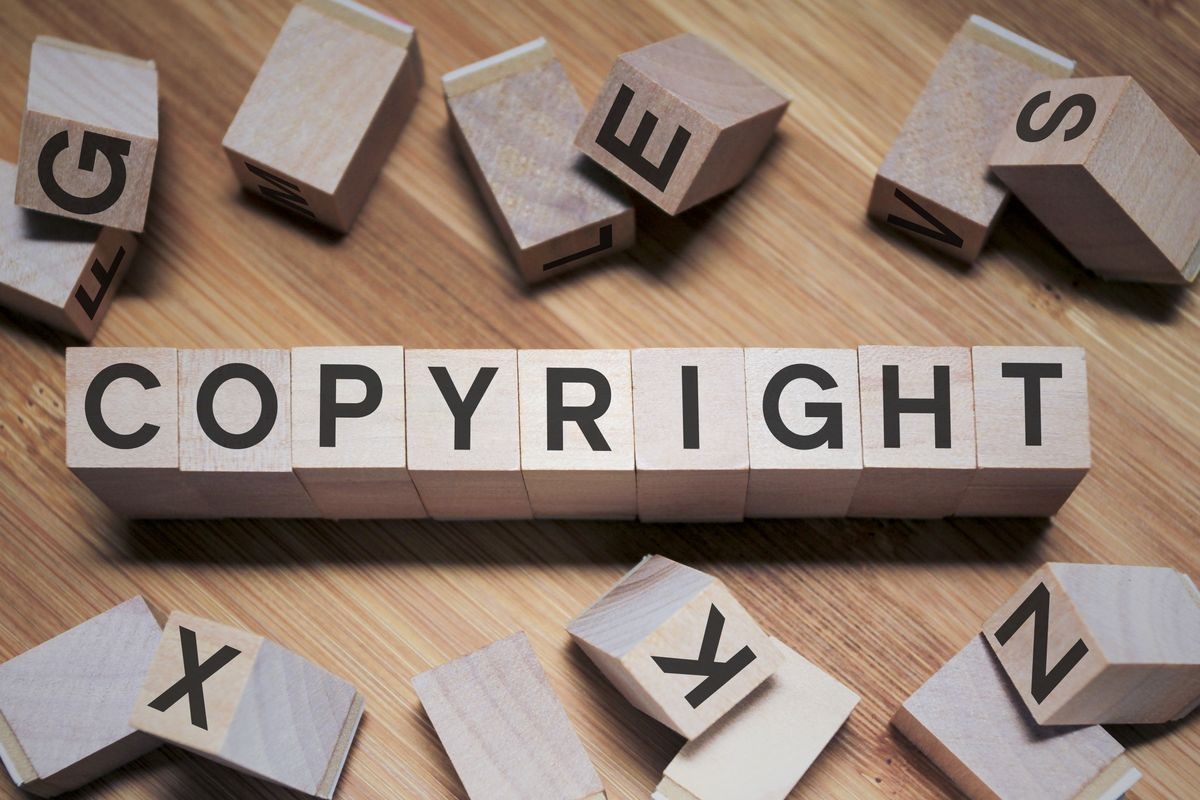Defining neighbouring rights
Neighbouring rights ensure that performers, such as musicians, actors, dancers, and comedians, are compensated when recordings of their performances are played publicly.
Similarly, master rights owners, who are integral to creating these recordings, also benefit from these rights. Apart from production companies (e.g. record labels), independent artists who finance and produce their own recordings may be considered master rights owners.
Neighbouring rights cover both the performance and the recording itself. The term 'neighbouring' is being used due to the close association with copyright.

